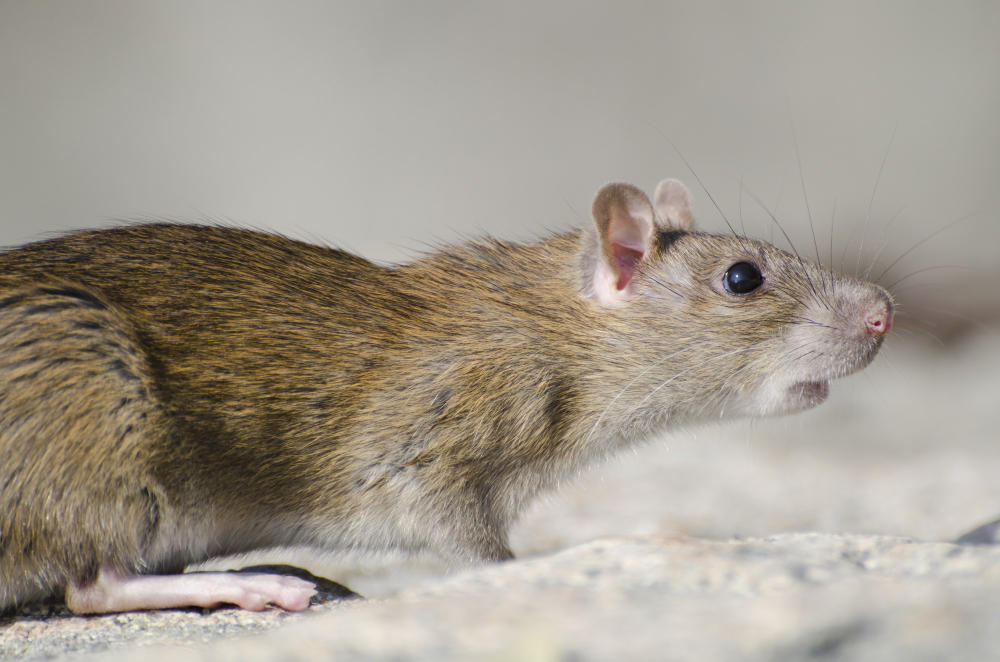Reaction: mice that confront the aggressor develop greater resilience than those that flee
A study in mice published in the journal Nature has analysed the different responses to aggression and the consequences for subsequent behaviour. In general, animals that confronted the aggressor developed greater resilience than those that fled or avoided the aggressor, and the gain was greater as brain circuits associated with dopamine were activated.

Ignacio Morgado - resiliencia EN
Ignacio Morgado
Professor Emeritus of Psychobiology at the Autonomous University of Barcelona (UAB) and full member of the Spanish Academy of Psychology
The research, although experimentally complex, is of high quality and is part of an attempt to discover the physiological, behavioural and environmental mechanisms that promote or enhance resilience to chronic stress.
According to the results of the study, this resilience is related to the release of the neurotransmitter dopamine in the mesolimbic brain system, a release that, in the practice of a stressful situation, such as that of a social defeat, may favour resilience when it results from the subject's own shock or confrontation with the stressor (with the aggressor in the situation of defeat), but does not favour it when it results from escaping or avoiding it. The brain, therefore, reacts differently depending on the context and the primary reaction of the stressed person, which, in a way, points a way to enhance one's own resilience in the face of adversity. These results, according to the authors of the study, support the well-known role of dopamine in promoting positive associations with relevant environmental stimuli in learning situations.
Although it may be objected that these results have not yet been observed in humans, the demonstrated conservation of many physiological mechanisms in the evolution of mammals leads us to suspect that they could also occur in our species, explaining the important and striking differences observed in the way each person reacts to stress. Differences which, in turn, could explain the different abilities of people to cope with and maintain themselves in stressful situations such as fear of illness or occupations such as business, education or politics.
Willmore et al.
- Research article
- Peer reviewed
- Observational study
- Animals
